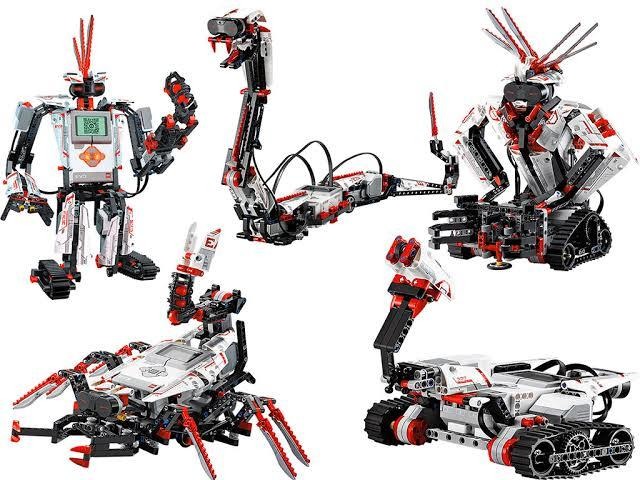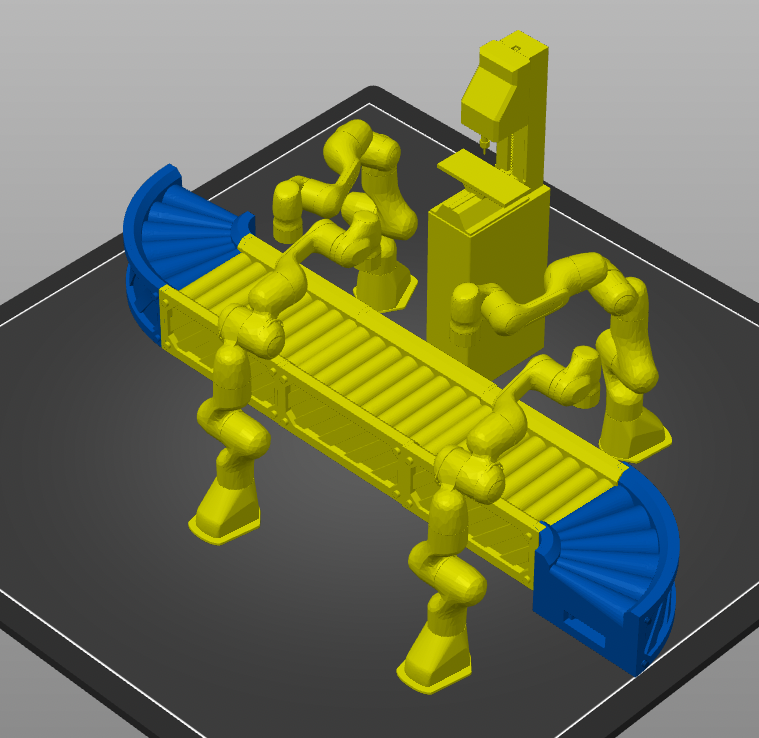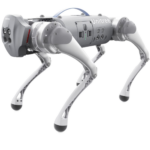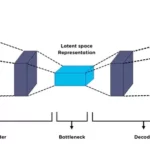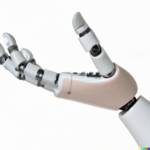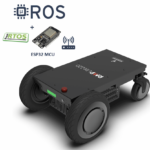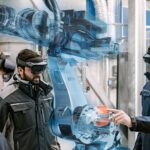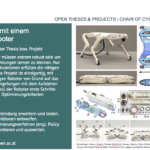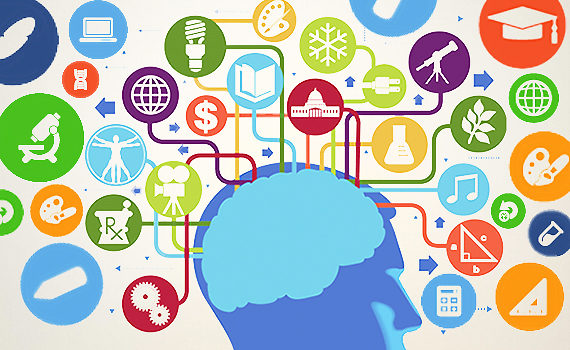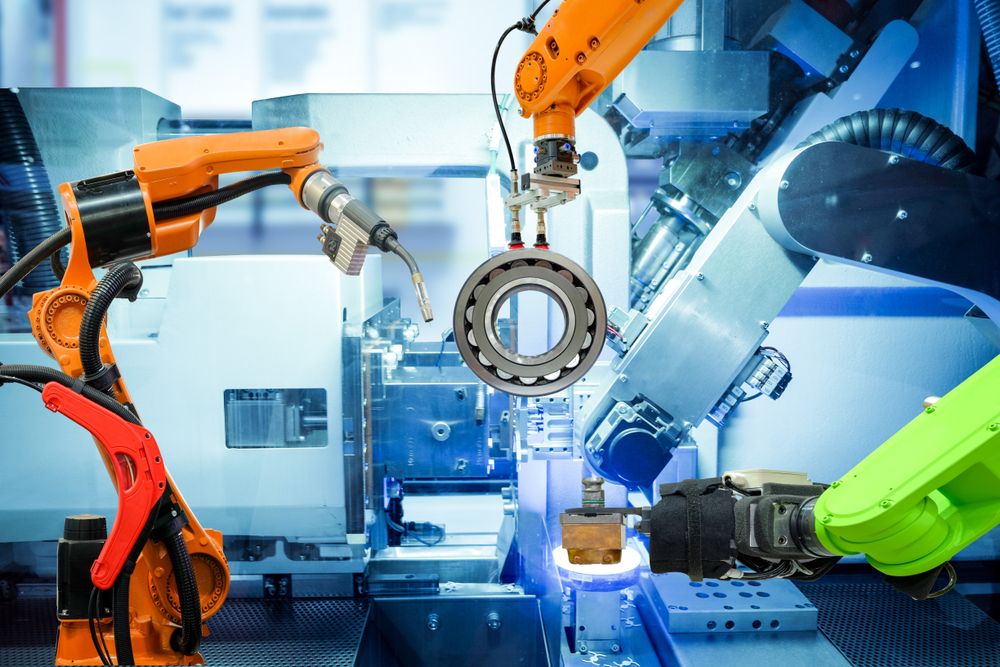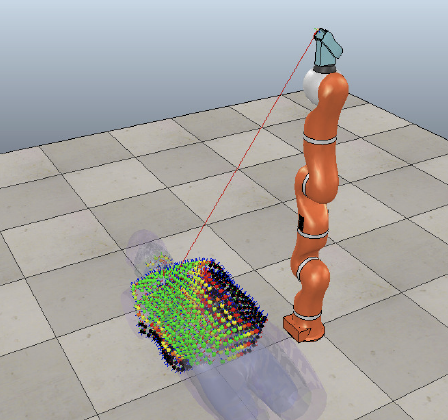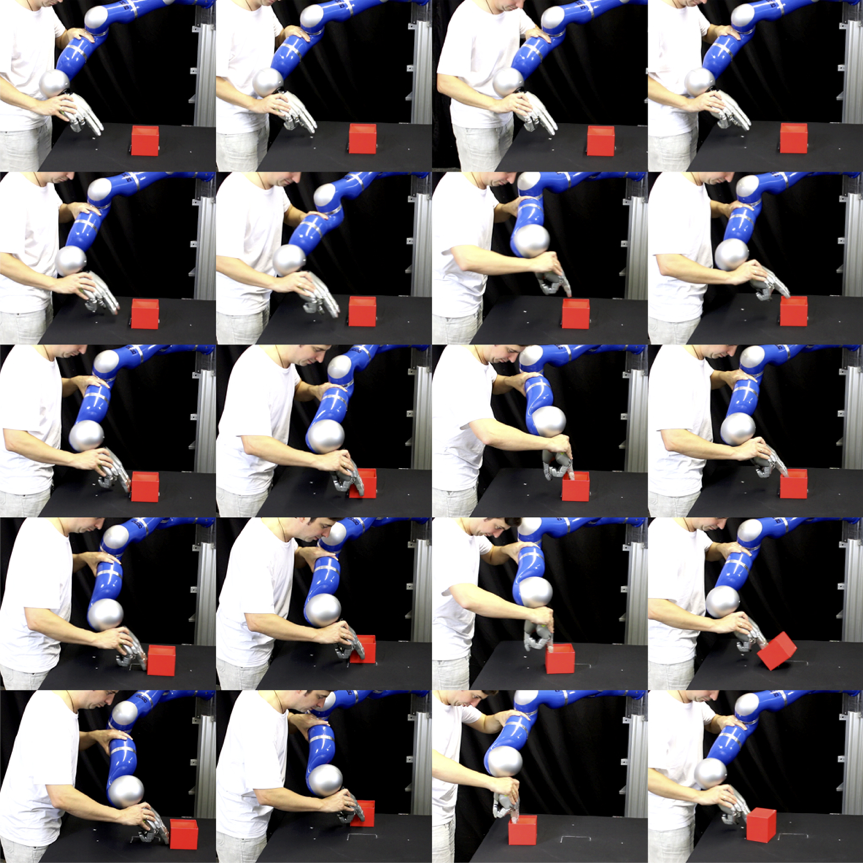150.033 Do-it Lab IDS 3 (1SH P, SS )
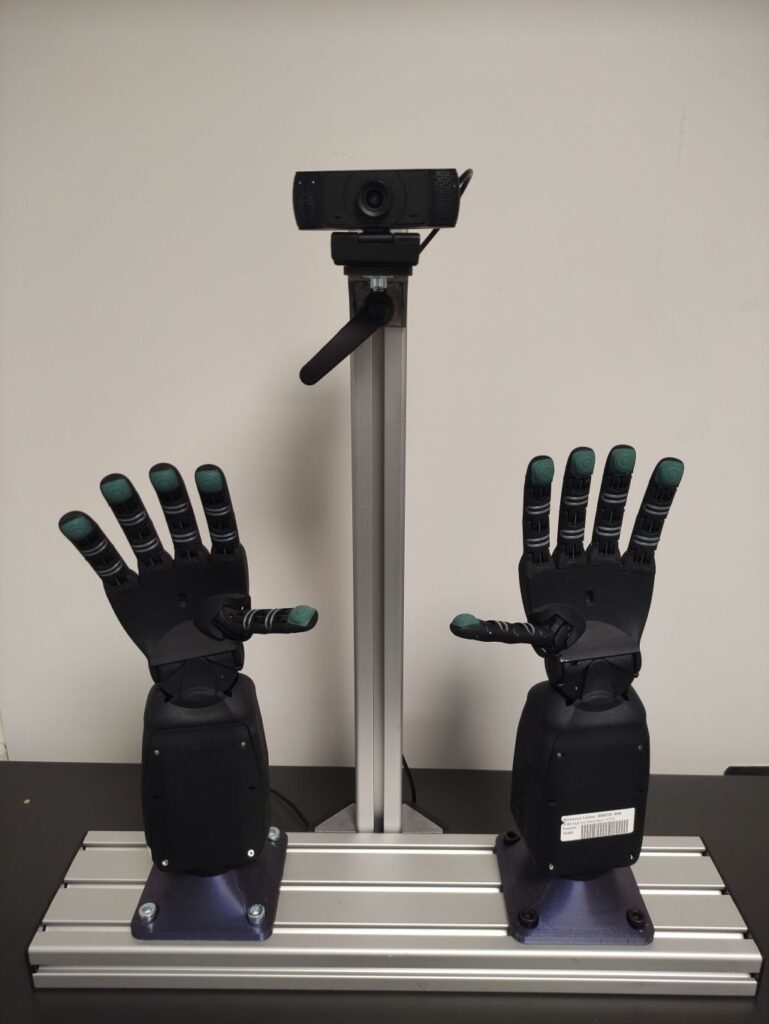
You have no prior experience with deep learning or robots but would like to work with them?
If so, this hands-on project will enable you to build and control your state-of-the-art robotic devices, such as compliant robot arms, five-fingered robot hands, mobile robots, legged robots, or tactile and visual sensors.
You will use Python for programming. Prior experience is beneficial but not mandatory.
At the end of the practical project, we discuss your achievements and what you have learnt.
You can work on your own or build a team of up to three people at most. We provide a student lab with high-performance pcs with RTX 4090 graphics cards and student rooms.
The project is based on code examples, wiki pages and video tutorials for non-experts.
Links and Resources
- MUOnline
- Have a look at our robots and hardware
- Programming in Python Slides by Univ.-Prof. Dr. Elmar Rueckert
Location & Time
- Location: Laboratories at the Chair of Cyber-Physical-Systems.
- Dates:
- Kick-off 11.03.2024 12:00 -14:00 CR IL/IT.
- Regular (typically weekly meetings) at the chair or online.
- Projects using real hardware will be conducted at the chair.
Learning objectives / qualifications
- Students get a practical experience in working, programming and understanding autonomous robots in navigation and obstacle avoidance tasks.
- Students understand and can apply classical robot path planning and navigation algorithms.
- Students learn how to present their implementation, assumptions and achievements.

